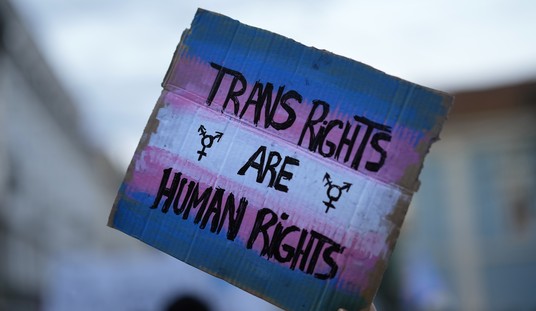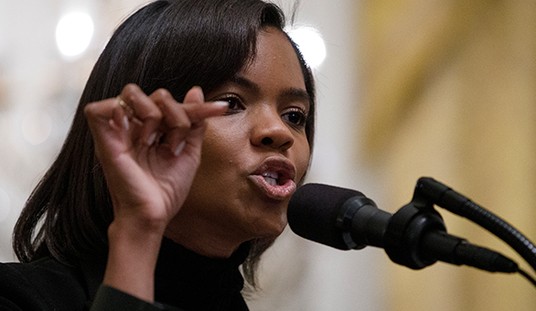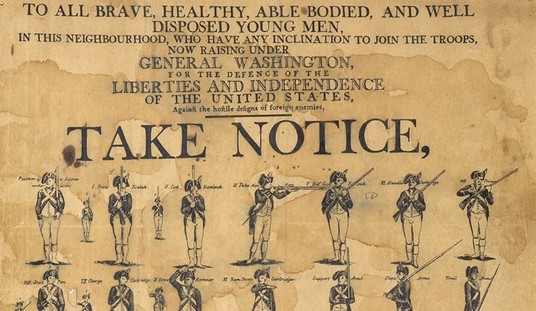Higher education is an individual choice. It isn’t a right, you’re not guaranteed it, and you certainly can’t depend on anyone else to see that you’re successful in such an endeavor. Despite all that, the government feels the need to push the idea of “free” community college. Of course, the “free” doesn’t actually mean free. Someone has to foot the bill, and that person is spelled t-a-x-p-a-y-e-r. Beyond that, “free” college doesn’t even remotely mean its partakers will be successful, but that’s not really what this whole thing is about, is it? As long as the government feels that it is making people’s lives better/controlling their choices, we can all rest well at night.
President Obama unveiled his plan in January of this year, although no vote has taken place, and none is currently scheduled. The plan…
…would dedicate some $60 billion over the next decade to defray tuition and fees for anyone who attends school at least half-time, maintains a roughly C+ average, and is on track to complete their program or transfer to a four-year school. The federal government would kick in about 75 percent of the cost, while participating states would pick up the rest.
Student advocates said the plan could boost college enrollment, slow the growth of student debt, put dodgy for-profit colleges out of business, and force schools, state governments and local governments to dedicate more resources to helping students attain a college degree.
Ahem.
$6o billion is a lot of money to set aside for “free”. Funny how that works. Secondly, maintaining a C+ average (in gen eds!) isn’t exactly preparation for success at whichever 4 year institution one might transfer to. You can make the minimum amount of effort, and since your education is funded by someone else, why should you feel propelled to go above and beyond the requirements? Thirdly, this would force schools and governments to “dedicate more resources to helping students attain a college degree”? In the U.S.A. in 2015, the only entity keeping you from obtaining a college degree is you. There are numerous resources already at a college student’s disposal, but the thing about resources is that you must choose to use them, and you must use them properly. Unfortunately, $60 billion from the government can’t teach responsibility or time management. Such a plan is nothing more than feel-good politics. But that’s where we are right now. Feelings win over everything.
So far, two states have jumped on the bandwagon. Tennessee opened up a program to students in October 2014…
The real test, of course, is how many more diplomas it eventually produces, a question that won’t get answered for a few more years.
and Oregon’s Governor signed a similar bill for their state last Friday, July 17.
In between providing that first day of “free” education and graduation day, it is entirely up to students as to how successful they will be. Equality of opportunity does not mean equality of outcome, as feminists – and the Left in general – have a difficult time understanding. And what of the possible unpleasant side effects from the offer of “free” college? Community colleges will be flooded with barely average students. This in turn will cause the already cramped job markets to be overrun with degree-holders who will ultimately not be hired. If the outcome shows the taxpayer-funded project to be an unsuccessful one, what will the governmental response be? More money is set aside to combat the issue. And where does that money come from? Us.
Not everyone is meant for the regular college path, and that is alright. Capability is not found in a piece of paper which declares “I officially passed eight semesters”. Many can and do find their calling in trade schools, apprenticeships, and on-the-job training. These are all admirable pursuits. We push the idea of “College means success!”, but that’s not necessarily the case. Obviously, if you want to be a lawyer, doctor, teacher, engineer, etc., you’ll need a college education, and some require several more years past the regular four. To suggest lax standards and a free degree means a bright future isn’t taking into account long-term factors. The years beyond community college will require much more educationally, and students’ motivation levels – once payment disappears – is uncertain. We need to do away with the idea that it is the government’s duty to provide that which is not theirs to supply. Higher education should not be added to the already long list of entitlements.













Join the conversation as a VIP Member